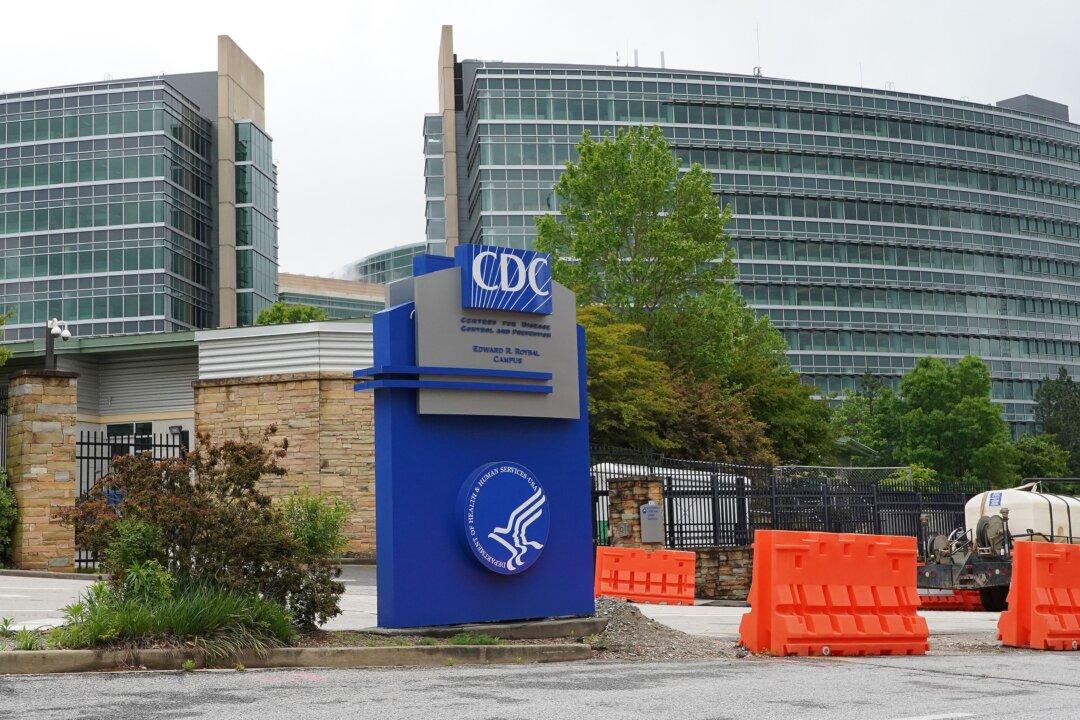Few adults diagnosed with hepatitis C virus infections receive timely treatment with antiviral drugs, the Centers for Disease Control and Prevention (CDC) said on Tuesday.
The drugs cure hepatitis C in more than 95 percent of patients, but a study of more than 47,000 adults diagnosed in 2019 or 2020 found that only one-third of those with private insurance and one-quarter of Medicaid and Medicare recipients got one of these drugs within a year, according to a report in the CDC’s Vital Signs.






